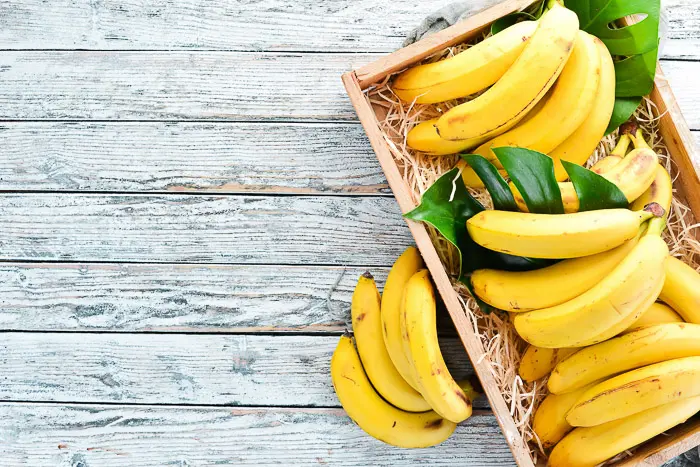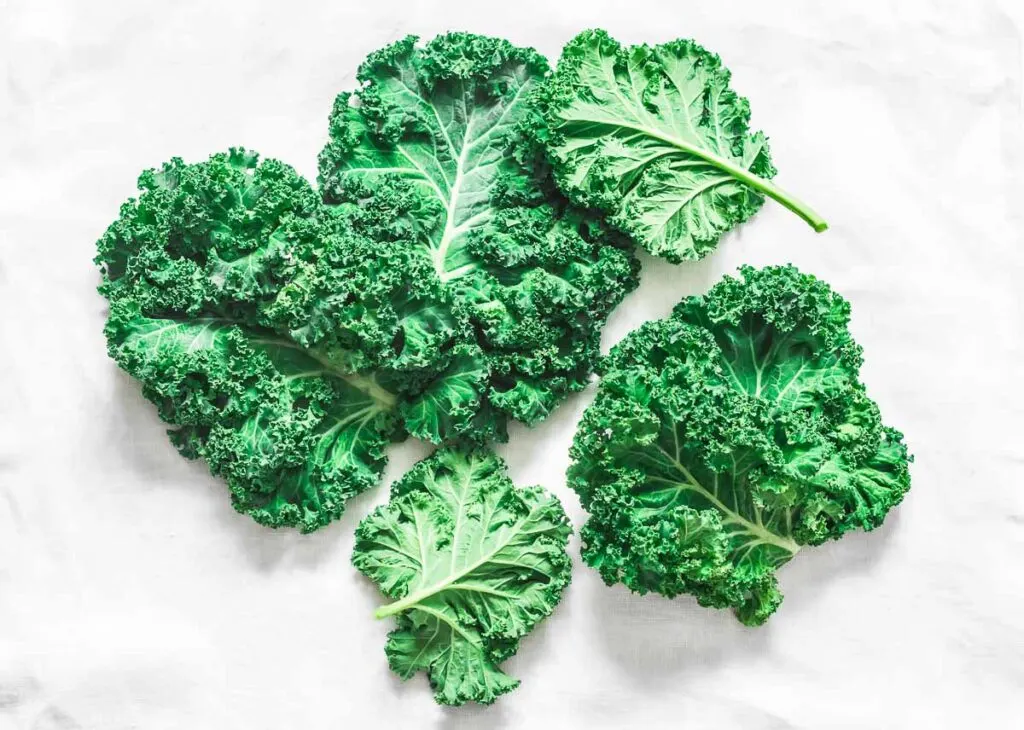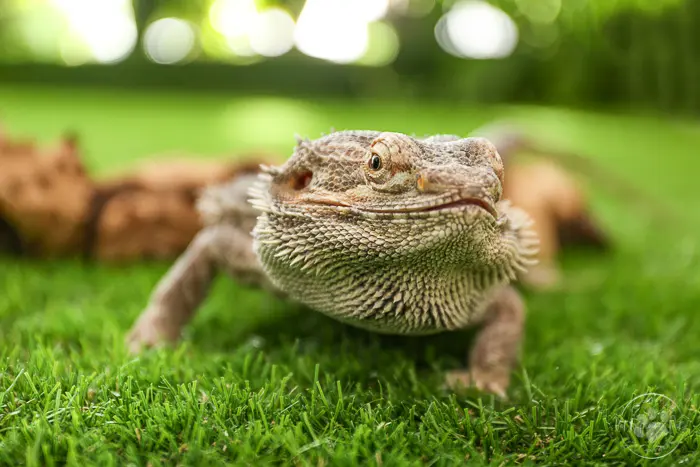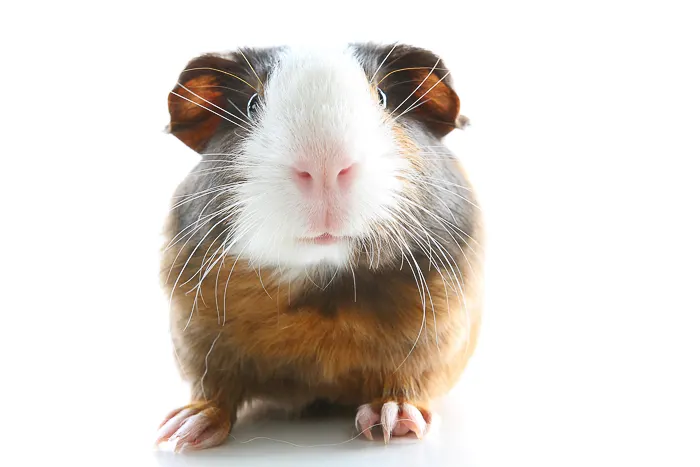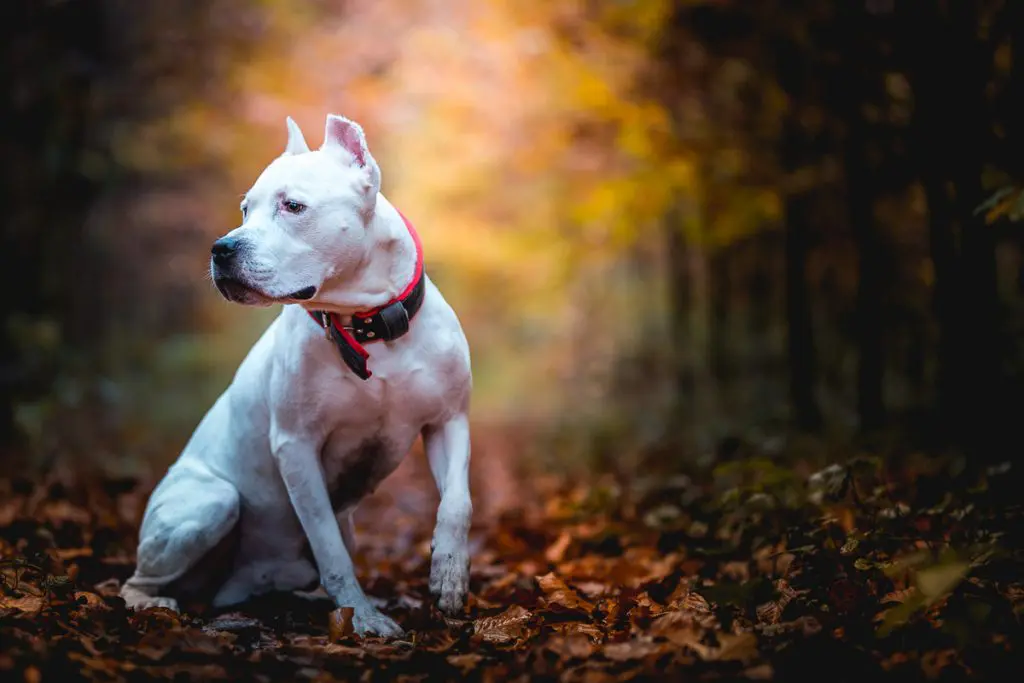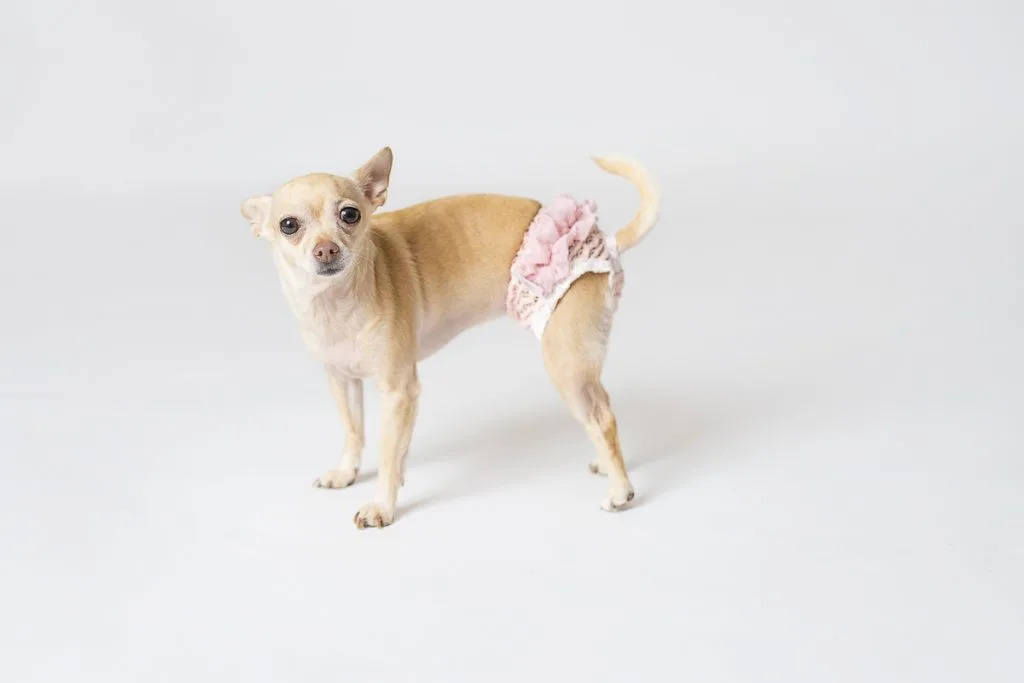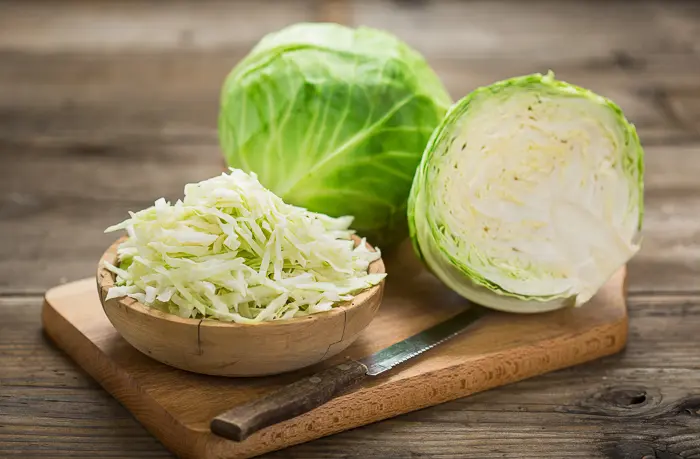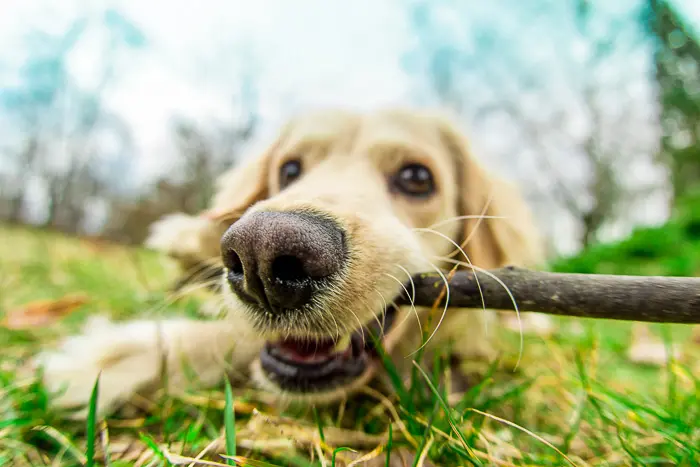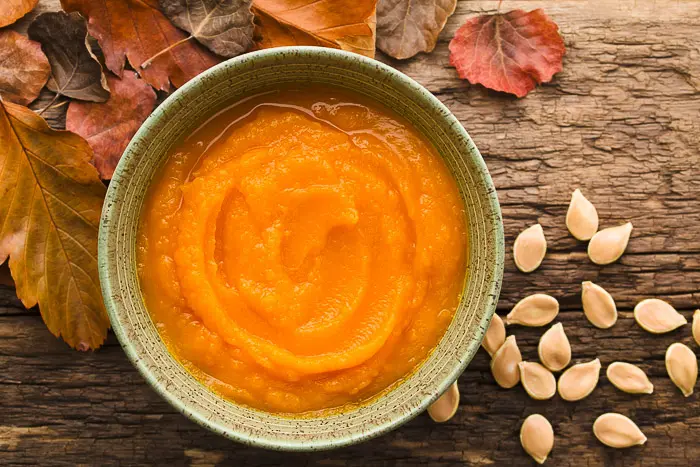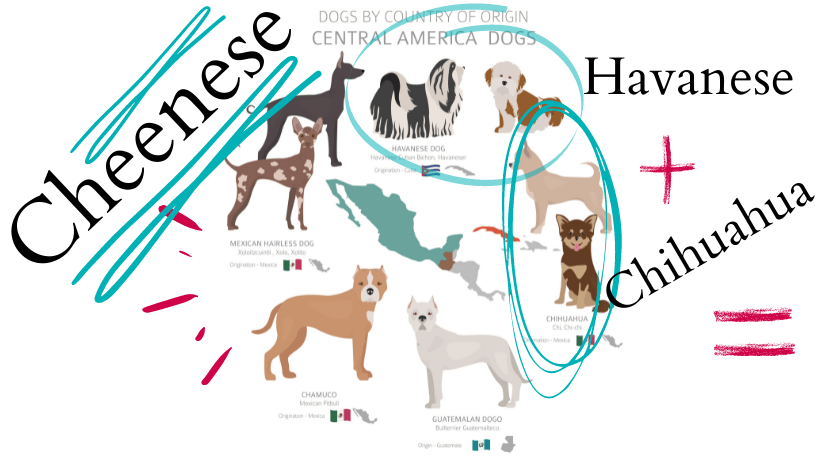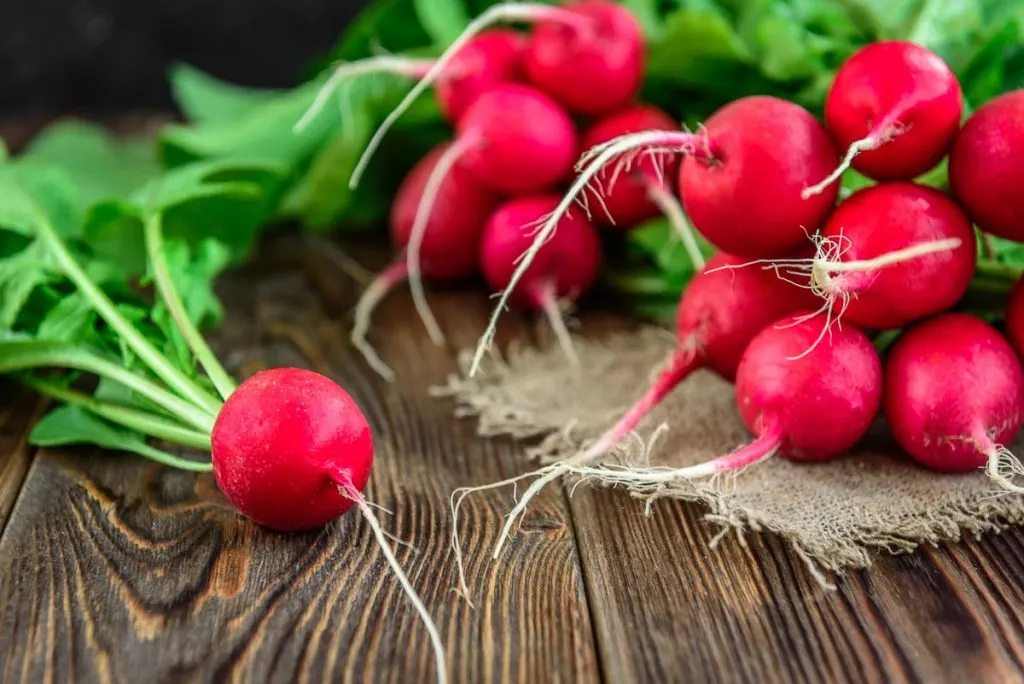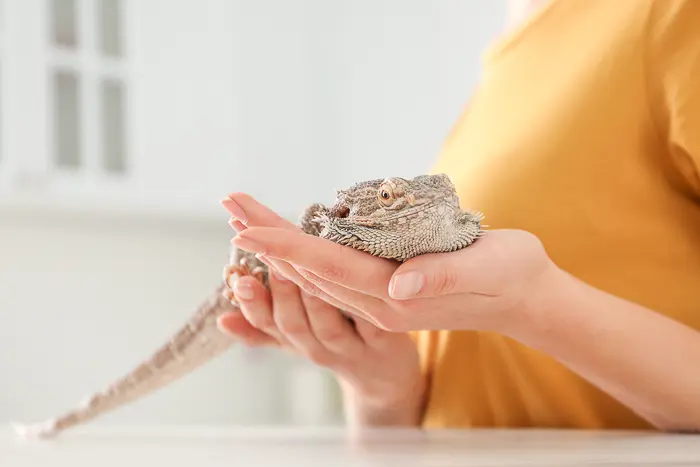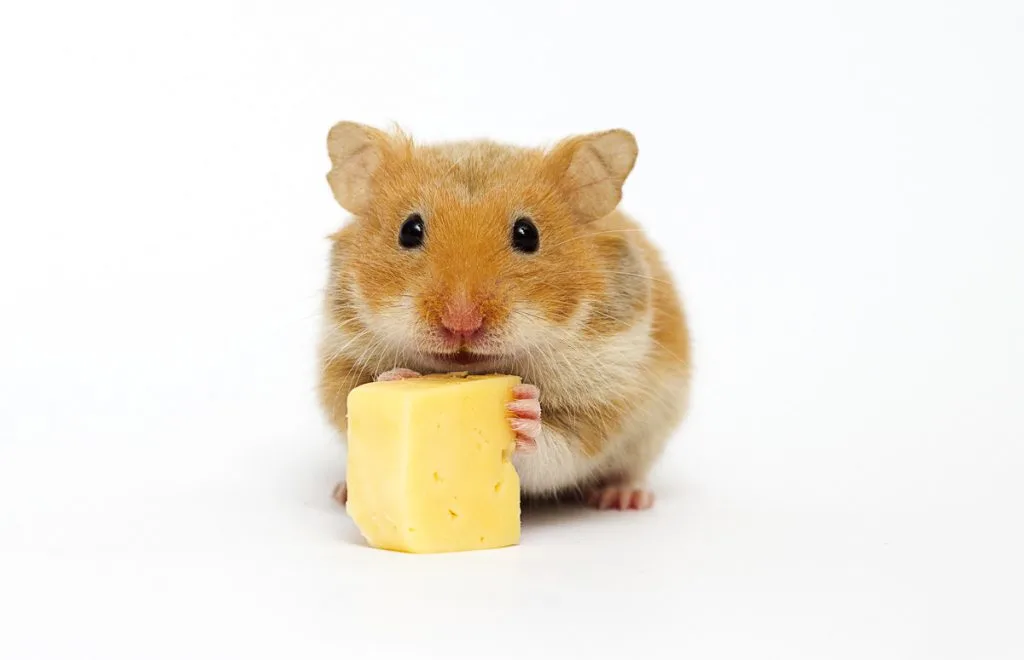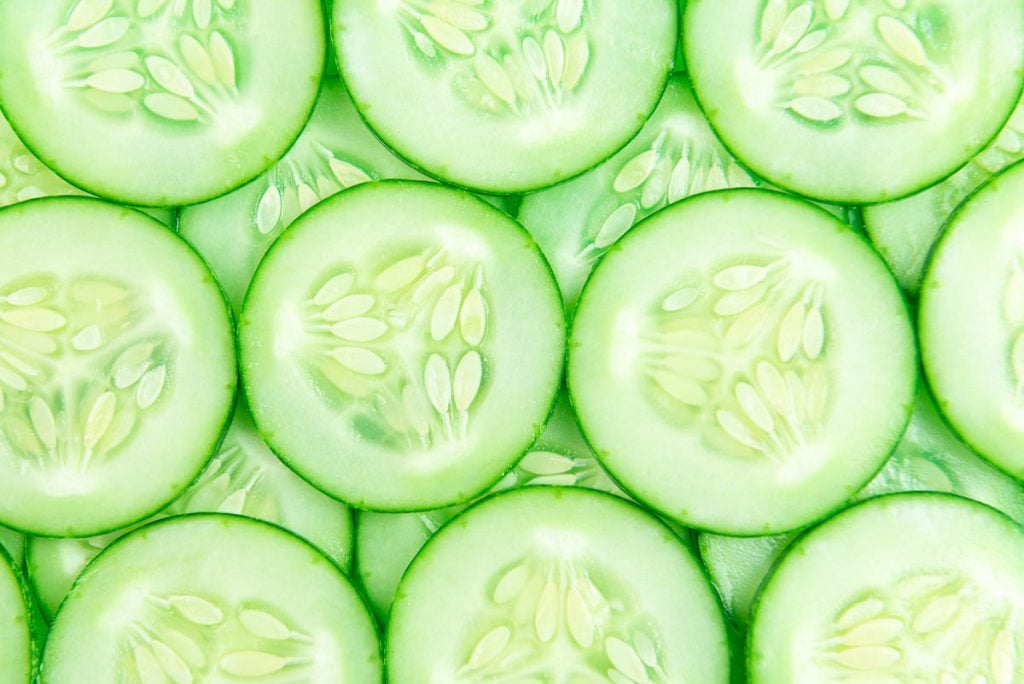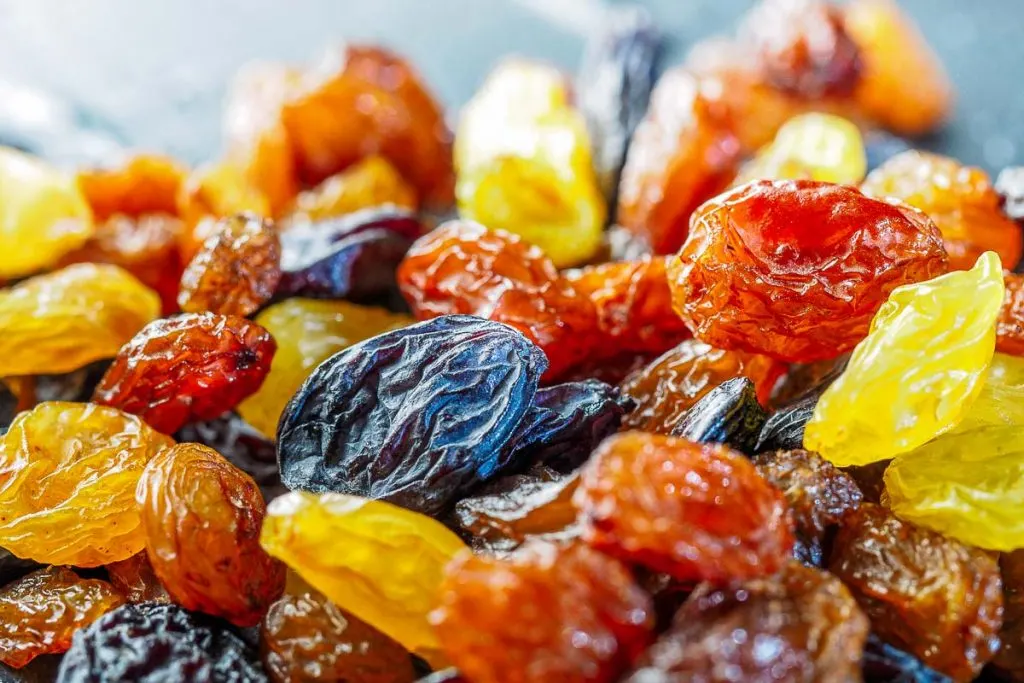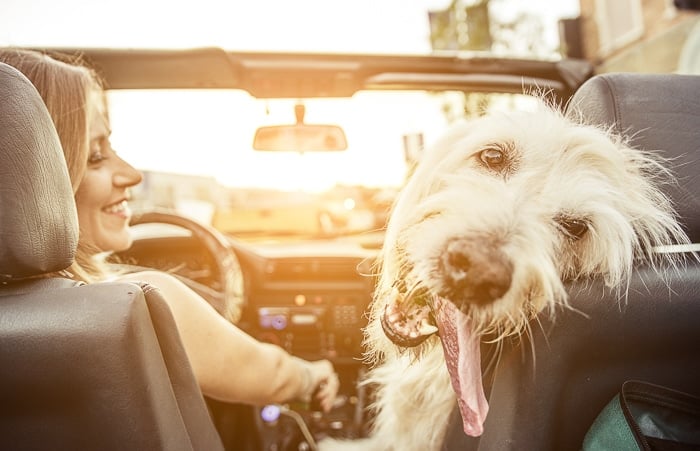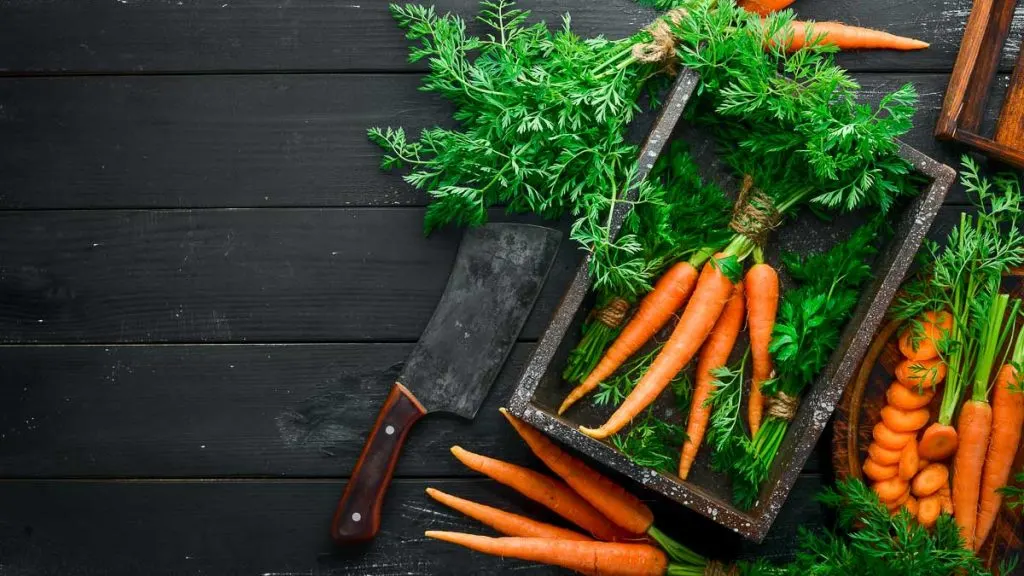Guinea pigs are one of the most loved of all pocket pets. As cute as they are, it is easy to want to give them all the delicious human foods we enjoy, like basil! Nonetheless, numerous human foods aren't safe for your guinea pig to eat. So, can guinea pigs eat basil?
Dr. Jess will answer all the details of this question below:
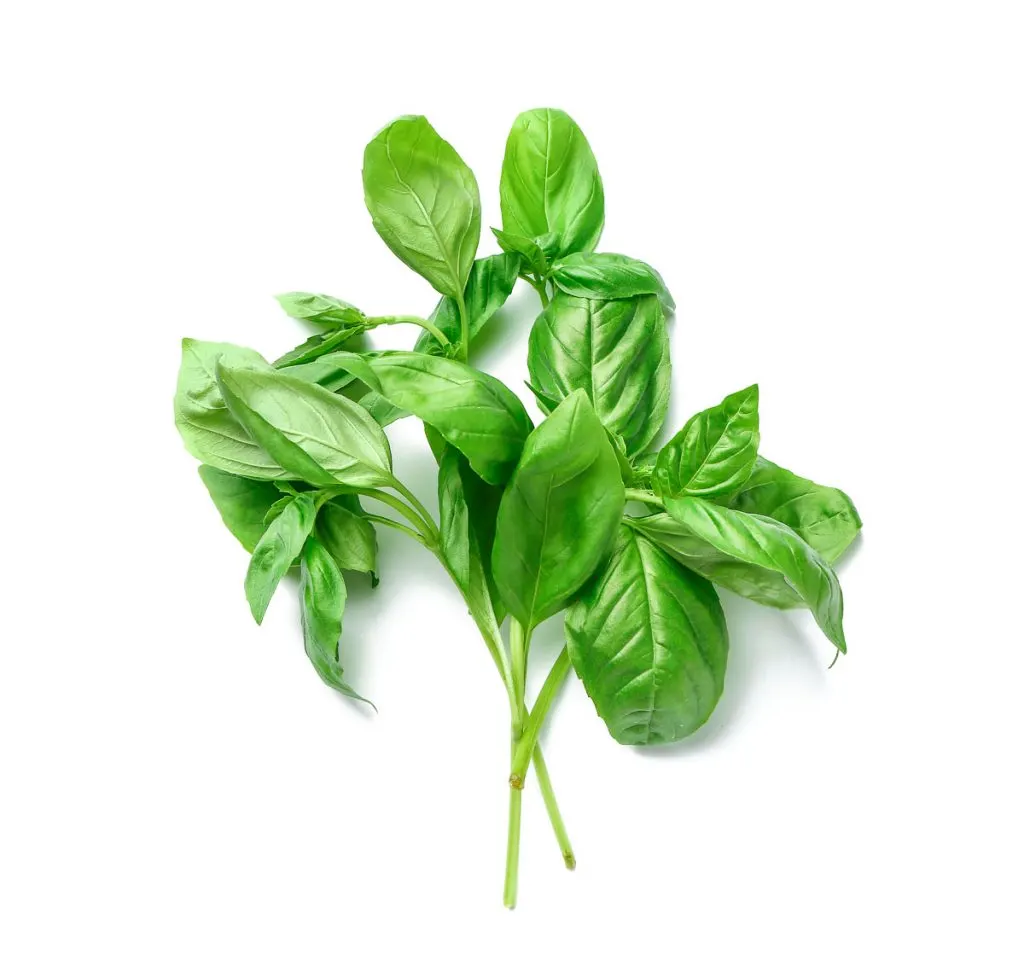
What is a Guinea Pig?
A guinea pig is a type of pocket pet that resides in the cavie family of animals.
They are small animals that grow to a maximum of approximately 10-11 inches long, and can weigh up to 2.5 pounds as a healthy adult.
In captivity and with proper care it is quite common to see these pets live up to 8-10 years of age.
One of their main anatomical (body) “quirks” is that they are constantly needing to chew in order to file their teeth down, as their teeth are constantly erupting (growing longer and longer).
They are quite playful animals and love to socialize with the ones that they know and love.
They make great pets for responsible pet owners, and those living in small dwellings wanting a loveable pet that comes in a small package.
What Do Guinea Pigs Typically Eat?
These little buddies eat an assortment of things to keep them healthy and happy.
- High-quality guinea pig food and Timothy hay should be the main staples of their diet.
- Up to about 10% of their diet can be made up of an assortment of vegetables and fruits, with fruits and vegetables over 12-24 hours old being discarded as soon as possible.
- They require 30 – 50 mg of vitamin C daily from their diet, either in their guinea pig food, a vitamin supplement, or from fruits and vegetables that are high in vitamin C. I’ll get to this more here in a sec…
- Guinea pigs do best with diets low in fats and sugars.
- Clean, fresh, filtered, chlorine-free water. ‘Fresh water‘ means that is is changed daily. ‘Changed daily‘ means that new water is placed into a CLEAN water dispenser!
Let's Talk Basil:
Basil is a annual plant used as a herb and a spice in cooking.
People in the United States refer to “basil” as the leaves and stems or stalks of the plant.
Most people describe the taste of basil leaves as earthy, sweet, and strong or pungent.
There are many different types of basil, but the most common types of basil consumed in the United States include sweet basil, lemon basil, and Thai basil varieties, just to name a few.
Basil Nutrition:
Basil contains some of essential nutrients including calcium, antioxidants, and vitamins A and K, that can be helpful in keeping your guinea pig healthy. It also has some other potential health benefits for your pet piggie:
- Inflammation/Antioxidants: Multiple studies show that basil is a great source of anti-inflammatory compounds that help in fighting against inflammation.
- Vitamins: Basil contains vitamin K, C, and others like vitamin A. Guinea pigs require these vitamins to stay healthy. Vitamin K helps guinea pigs stay safe and adequately clot blood when needed. Vitamin A is necessary for proper eyesight as well as other healthy body systems.
- Blood Sugar: Basil may help lower blood glucose levels in the bloodstream.
- Toxins: Basil has the potential to detoxify the body from some types harmful toxins.
May Reduce Inflammation
Multiple research studies have shown that basil is a source of anti-inflammatory compounds, which effectively can help fight different forms of inflammation.
Basil is packed with these potential anti-inflammatory molecules called antioxidants.
Antioxidants are thought to help reduce inflammation inside the body by binding (attaching) to and suppressing (decreasing) inflammation-promoting molecules known as free radicals. [source]
While many of these studies are promising, I definitely would like to see more research studies conducted on the antioxidant benefits of basil.
May Lower Blood Sugar Levels
It is widely known in medicine that individuals having elevated blood sugar levels are at higher risk for Type 2 Diabetes [source].
Basically, basil has been proven to be an effective tool in the process of lowering blood sugar levels [source].
Fighting Off Infections
According to a study discussed in Medical News Today, basil may help combat bacterial infections in the body:
“Various practitioners of traditional medicine have used basil as an antimicrobial agent, and some scientific research supports this use. In 2013, researchers applied sweet basil oil to various strains of Escherichia coli , or E. coli. The bacteria came from people with respiratory, abdominal, urinary, or skin infections, as well as from hospital equipment. The results showed that the oil was active against these bacteria. The researchers concluded that certain preparations of basil oil could help treat or prevent some types of infection.”
https://www.medicalnewstoday.com/articles/266425#benefits
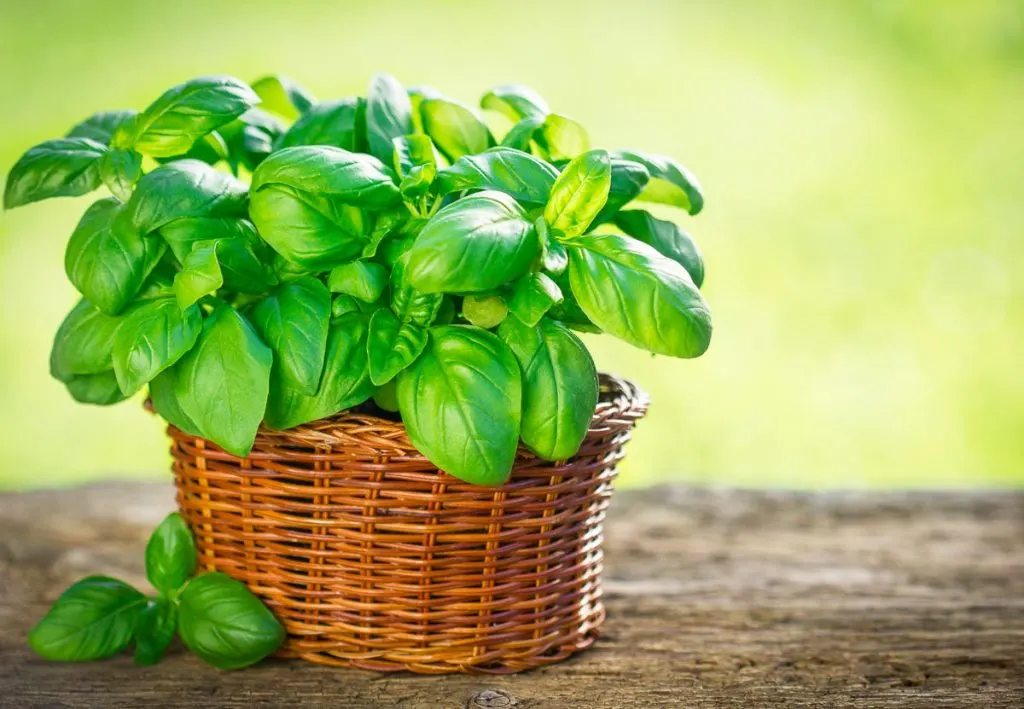
Do Guinea Pigs Like Basil?
Some guinea pigs like basil.
Most guinea pigs prefer the green leaves coming off of the top of the basil over the actual stem of the herb itself.
Is Basil Healthy For Guinea Pigs to Eat?
Basil contains a low amount of calories and fat so it a better snack if your pet is overweight or has diabetes than other treats with higher caloric content.
Basil also has a high water content to help keep your little friend hydrated.
As mentioned in the nutritional content of basil section, basil has a high amount of vitamins, like vitamin C in it – a vitamin that helps with the protection of important body systems that keep the body running and functioning appropriately.
Vitamin C is essential in preventing a disease termed scurvy in guinea pigs. Scurvy typically shows up in guinea pigs as lameness, joint pain, weight loss, or hair coat issues.
Basil has a fiber content that will help your cavy keep their digestive system running smoothly and can also help with keep blood sugar level stable if you have a worrisome diabetic guinea pig.
Basil is packed with a multitude of nutrients which are great for the health of your pet guinea pig.
Can Cooked Basil Be Served To Guinea Pigs?
It is not advisable to serve cooked basil to guinea pigs.
Not only do nutrients leave the basil plant if overcooked, but cooked basil is also difficult for guinea pigs to digest properly, leading to gas and bloat, and other symptoms of gastric upset, such as anorexia, constipation, diarrhea, and/or vomiting.
How To Serve Basil to Guinea Pigs:
Serve only fresh, raw basil to your pet guinea pig.
Begin by washing the basil thoroughly as you’ll need to remove any bacteria, pesticides, or other chemicals that may have been placed on the basil.
Then, you’ll want to cut off and discard the stem.
Cut the basil into small bite-sized pieces. Do not add any fats or oils or spices of any kind to the basil!
Remove any uneaten basil from the cage within a few hours of serving so that bacteria does not form and grow on it.
Can Basil Be Bad For Guinea Pigs?
Basil is a relatively safe treat to feed your pig in moderation.
One worry that comes up from time to time is the unfortunate allergic reaction, which can happen when any pet eats something for the first time, not just basil.
It usually catches everyone by surprise when it does happen so contact your veterinarian if you sense that your pet is not themselves after ingesting something new or different to be on the safe side.
Another worry is the choking hazard which also exists with everything that a guinea pig puts into their mouth, including basil.
Too much of a good thing should be another warning to guinea parents.
Feeding too much basil to your pet can lead to gastric upset with signs of vomiting or diarrhea, which can lead to dehydration and other health issues.
Too much basil can also act as a diuretic, which too much of a diuretic can lead to too much fluid loss, and can become dehydrated.
As discussed in one of the previous sections of this article, gas and bloat can be a product of eating too much basil or for ingesting cooked basil, for some guinea pigs.
Lastly, feeding too much basil along with certain other foods, can lead to stones that are collected in the kidney or bladder. Bladder or kidney stones are a health concern for your pet and can also lead to discomfort.
Kidney and bladder stones in a guinea pig can lead to a multitude of problems, especially if not treated, ultimately leading to death if not addressed and allowed to go without veterinary help.
How Much Basil Can a Guinea Pig Have?
Like with every type of food you should never go overboard.
Vegetables and herbs, like basil, and fruits are only supplements in their diet (see “Guinea Pig Diet” section above for reference).
If you increase the intake of vegetables and fruits too much, their diet of mainly of hay and feed will become disproportionate, giving your guinea pig the chance of suffering from various disorders discussed later.
If you are thinking about introducing basil or any other new food into your pet’s diet, make sure that you do so gradually.
Start out with a small bite-sized piece and wait 24 hours to see how the guinea pig reacts.
If your furry friend enjoys the basil treat and doesn't show signs of abnormal behavior, then try a second small piece of basil in the next day or two.
A common rule of thumb is to serve no more than approximately 2 basil leaves of basil to our guinea pig 1-2 times per week. That is about 1-2 small basil leaf pieces per offering.
Try to mix up the offered basil pieces with other vegetables and prepare a salad for your guinea pig.
The right combination of basil and other safe vegetables such as pieces of cucumbers, bell peppers and lettuce would be a great addon to your guinea pigs diet.
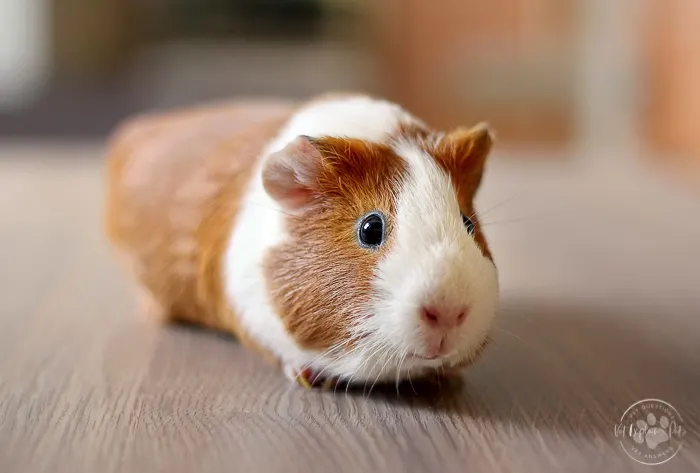
How Often to Feed Guinea Pigs Basil:
It is pretty safe to say that basil can be used as a more frequent treat for your guinea pig over many other choices of fruit and vegetable treats.
You can safely feed a snack-sized portion of basil to your guinea pig up to 1-2 times per week but remember to gradually work up to this frequency.
Strict monitoring should be done to avoid negative effects because too much of this food could lead to gastrointestinal (GI) upset with symptoms such as decreased appetite and energy levels as well as diarrhea and/or vomiting.
No fun, right?!?
For instance, if you are serving your guinea pig basil 3 times per week but your furry friend doesn't eat the offered basil 2 times per week, then back down the offerings to 1 time per week and see how they react to the veggie at a decreased frequency.
This may help with ‘the desire' to eat the basil pieces.
Fruit & Vegetable Alternatives For Guinea Pigs:
- Mangoes
- other squash
- Oranges
- Strawberries
- Cilantro
- Pumpkin
- Cantaloupe
- Pineapples
- Blueberries
- Butternut Squash
- Grapes
Can Guinea Pigs Eat Dried Basil?
Guinea pigs should not eat dried basil.
Steer clear of dried basil for your cavy.
Summary:
Your cute little guinea pig deserves the best – best home, best health, and best treats.
Treating your pet to some of your favorite snacks, like basil, is just fine as long as that store-bought and properly-cleaned basil is prepared properly, served correctly (correct amounts and correct frequency), and only fed to healthy piggies.
If you have any questions or concerns, contact your local vet before feeding basil to your buddy.

The information provided in this article is not a substitute for professional veterinary help.
![[Vet Explains Pets]](https://vetexplainspets.com/wp-content/uploads/2024/09/cropped-vetlogo-199x66.png)

